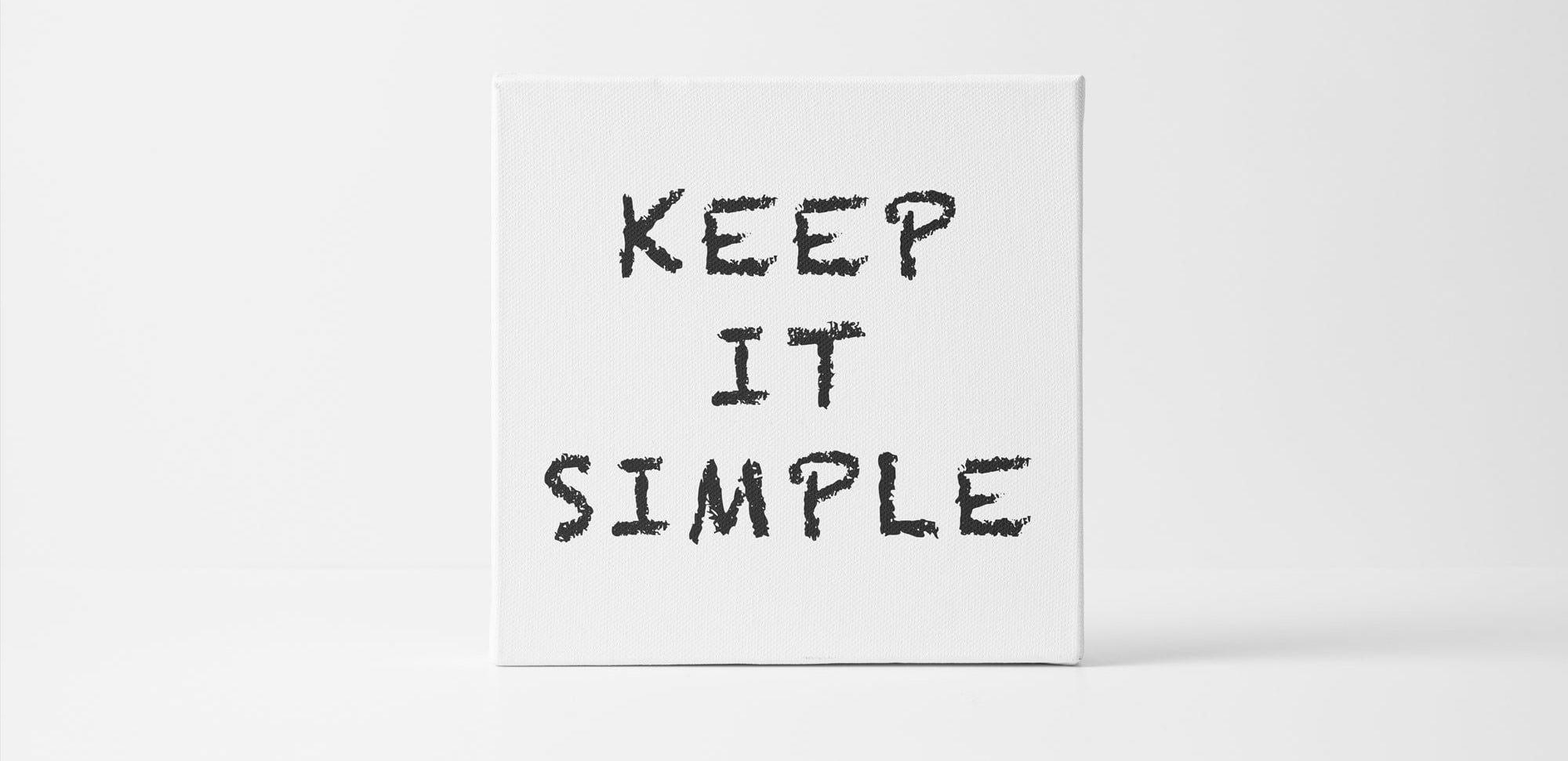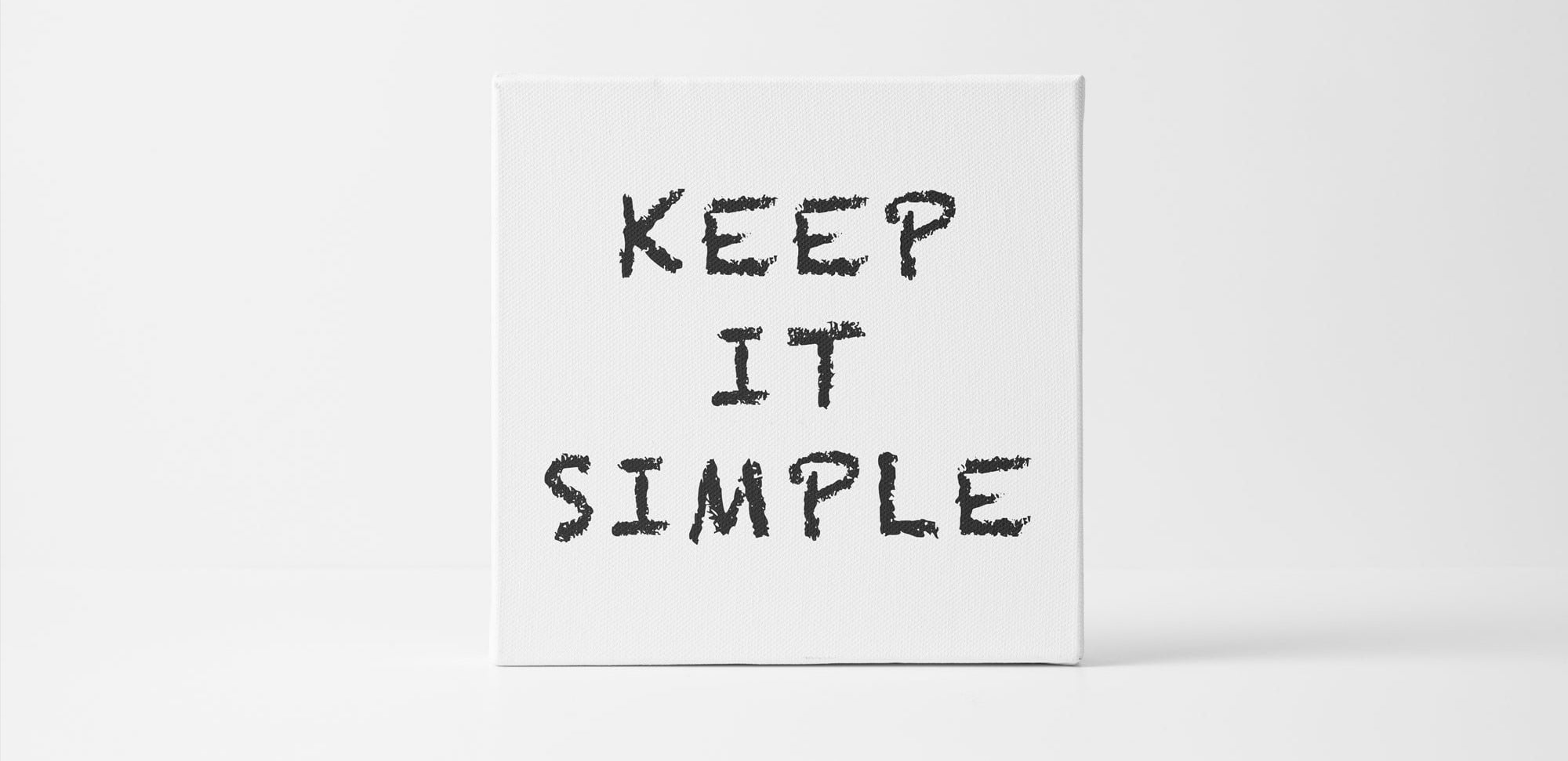You are poor if your doctor consults you over the Internet and not in person.
Poor you, if your children study online and not with offline teachers.
You are poor if you buy goods online and not in a nice store in the city center.
For the poor, there is a gigantic online market for sexual services, where Third Worlders sell erotic fantasies to poor First Worlders who can spend an extra ten dollars.
It's no secret that the rich have old-fashioned tutors, personal trainers, and chefs, not Coursera or smartphone food delivery. But the author of the article, Nellie Bowlers, goes further and states that there is a "luxuryization" of human relationships.
If you still receive services from real people or have the opportunity to communicate with them, then you are most likely a member of the new elite, whose prestigious consumption is to abandon digital services in favor of offline ones.
The poor buy iPhones on credit, while the rich refuse to use smartphones. The poor try to make sure their children know how to use computers, the rich offer their heirs private schools where learning is based on communication between people. A life spent in front of a screen is now a sign of your failure in life.
At this point, Bowlers strayed into rather controversial claims that growing up with gadgets harms children's cognitive development and argues that numerous unscrupulous psychologists are on the side of IT corporations in this debate.
But when she describes a 68-year-old pensioner living on a subsistence level whose main companion in life is a cat drawn on a tablet named Sox, the text as a whole is perceived as extremely convincing. The painted cat for elderly care was invented by a 31-year-old businessman, whose startup employees work from the Philippines.
If a computer program tells you that you are dying, it means that you are dying as a poor person in the digital economy.









